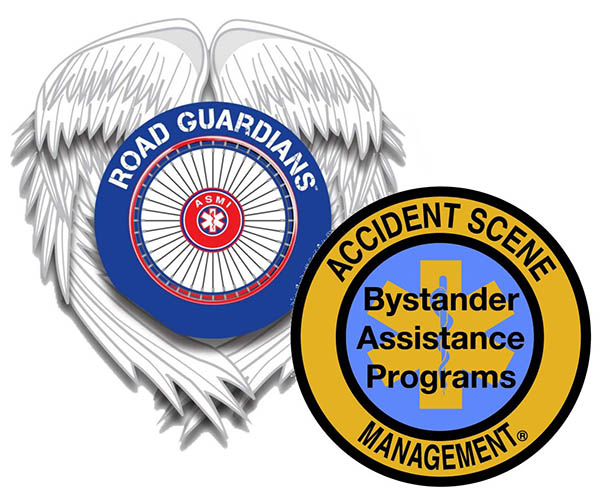Accident Scene Management / Road Guardians
Login |
(262) 706-3278
0
You have 0 items in your cart
Senate Bill 654
(b) A person who, in good faith, seeks, provides, or assists with the provision of medical assistance for a person REASONABLY BELIEVED TO BE experiencing a medical emergency after ingesting or using alcohol or drugs shall be immune from criminal ARREST, CHARGE, OR prosecution for a violation of §§ 5–601, 5–619, 5–620, 10–114, 10–116, and 10–117 of the Criminal Law Article if the evidence for the criminal ARREST, CHARGE, OR prosecution was obtained solely as a result of the person’s seeking, providing, or assisting with the provision of medical assistance.
Automatic External Defibrillator:
Senate Bill 294 (Amended by House Bill 1054 in 2005, Senate Bill 570 in 2008, and House Bill 1134 in 2008)
Any facility that wishes to make an AED available must possess a valid certificate from the EMS board. (Certain exceptions apply; see MD Health Code 19-114)
To qualify for a certificate a facility must:
A facility that wishes to renew their certificate must submit an application on the form that the EMS board requires and meet the requirements.
Registered facilities must report the use of an AED to the Institute for review by the regional council AED committee.
A registered facility is not civilly liable for any act or omission in the provision of automated external defibrillation if the registered facility:
An individual is not civilly liable for any act or omission if:
Immunity is not granted to a facility or individual if the conduct amount to gross negligence, willful or wanton misconduct, or intentionally tortuous conduct.
